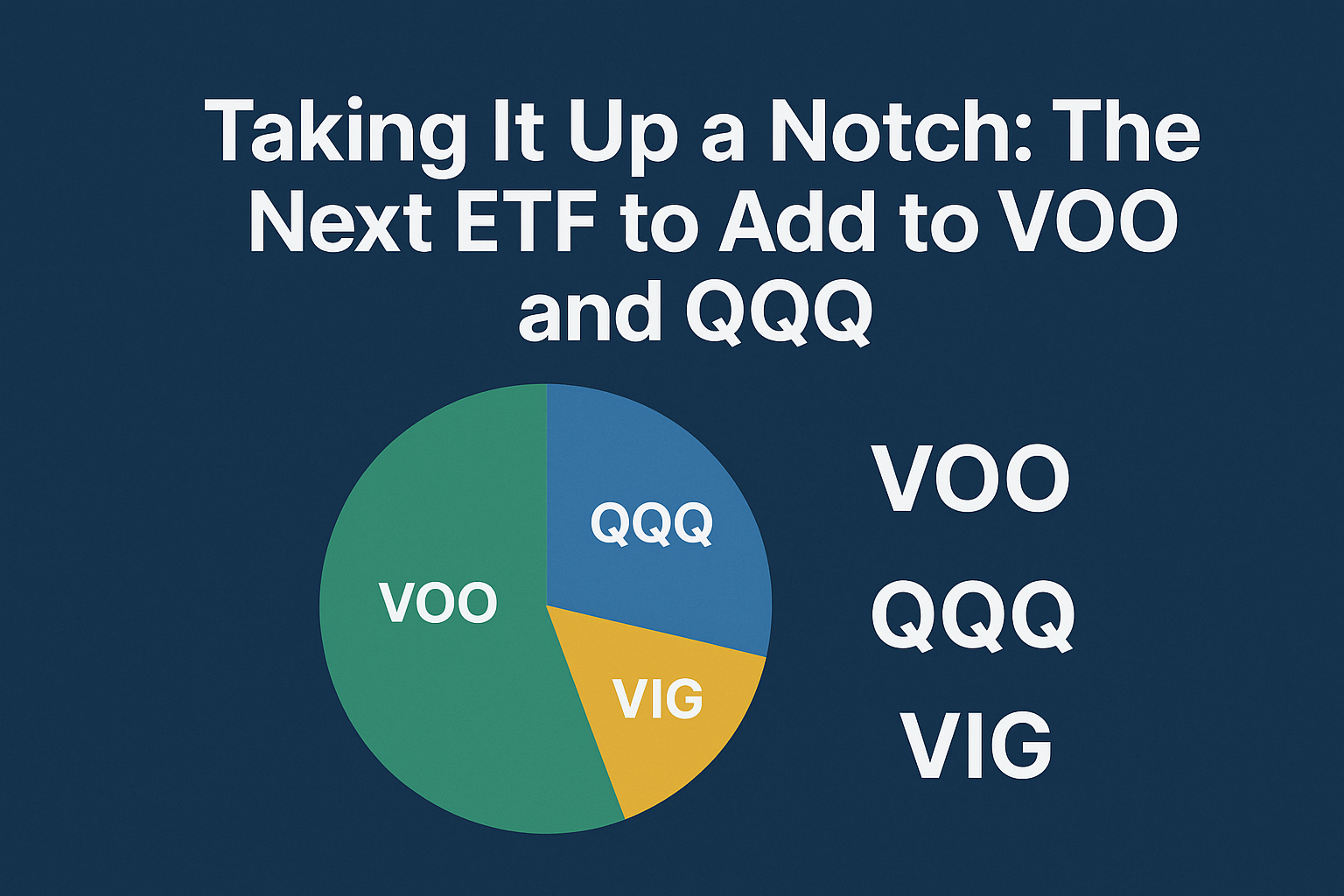The stock market has been quite volatile as we approach the end of 2024. For many, this triggers the question: Should we be fearful, or is this an opportunity to capitalize? The answer depends on your investment philosophy, but if you’re a long-term investor, such fluctuations often signal a chance to find deals.
As Warren Buffett wisely said, “Be fearful when others are greedy, and greedy when others are fearful.” This contrarian approach suggests that market dips provide a golden opportunity to buy undervalued assets.
How Do You Know You’re Buying the Right Securities or Stocks?
Navigating market volatility requires a clear strategy. Here are some methods and insights to guide your decisions:
Shortcut Method: Invest in ETFs
Exchange-Traded Funds (ETFs) are an excellent option for those looking for diversified exposure without the need to analyze individual stocks. ETFs are baskets of stocks carefully chosen based on specific objectives, such as tracking the S&P 500, focusing on dividend-paying companies, or targeting the tech sector. If you believe in the purpose of the ETF, buying them during market dips can be a no-brainer strategy.
Josh Way’s Personal Strategy
As a long-time investor, I’ve focused on building a portfolio of quality stocks and ETFs. Here’s my three-step approach:
- Starting a Position:
- Whenever there’s a 5% to 10% dip in a familiar stock in a single day, I consider starting a position.
- Typical reasons for such dips include missed earnings or changes in management. If the company is solid, it’s likely to recover.
- I avoid stocks that are affected by more serious issues like accounting restatements or adjustments.
- I stick to companies I understand or whose products I use. Longevity also matters; companies with a long history are more likely to bounce back.
- Watching and Adding to Positions:
- I keep an eye on existing positions and prioritize adding shares to those with the highest unrealized losses by percentage.
- This approach allows me to lower my cost basis on stocks that have strong recovery potential.
- Dollar-Cost Averaging (DCA):
- On days when most of the market is down, I use the opportunity to DCA into my portfolio.
- I carefully choose which positions to add based on current valuation and unrealized losses.
Psychological Aspects of Investing
Investing during market volatility isn’t just about numbers; it’s also about managing your mindset. Successful investors cultivate patience, discipline, and the ability to view market dips as opportunities rather than threats. By focusing on long-term goals, avoiding emotional reactions, and resisting the urge to follow the herd, you can navigate volatility with confidence and turn uncertainty into an advantage.
Closing Thoughts
Volatility can be unsettling, but it’s also where opportunities lie for disciplined investors. Whether you choose to invest in ETFs or individual stocks, a clear strategy and long-term perspective are key. As Buffett’s quote reminds us, the best opportunities often arise when fear dominates the market.
So, what’s your method?
Related Articles:
- How Do I Invest or Diversify My Investment?
- The Best S&P 500 ETF: What to Consider Beyond Expense Ratios
Financial Disclaimer
The information provided on HelpyYourFinances.com is for general informational purposes only and is not intended to be financial advice. While we strive to ensure the accuracy and reliability of the content, it is important to remember that financial decisions are personal and should be tailored to your individual circumstances.
We strongly recommend that you consult with a qualified financial advisor or other professional before making any financial decisions. The content on this website should not be considered a substitute for professional financial advice, analysis, or recommendations. Any reliance you place on the information provided is strictly at your own risk.



